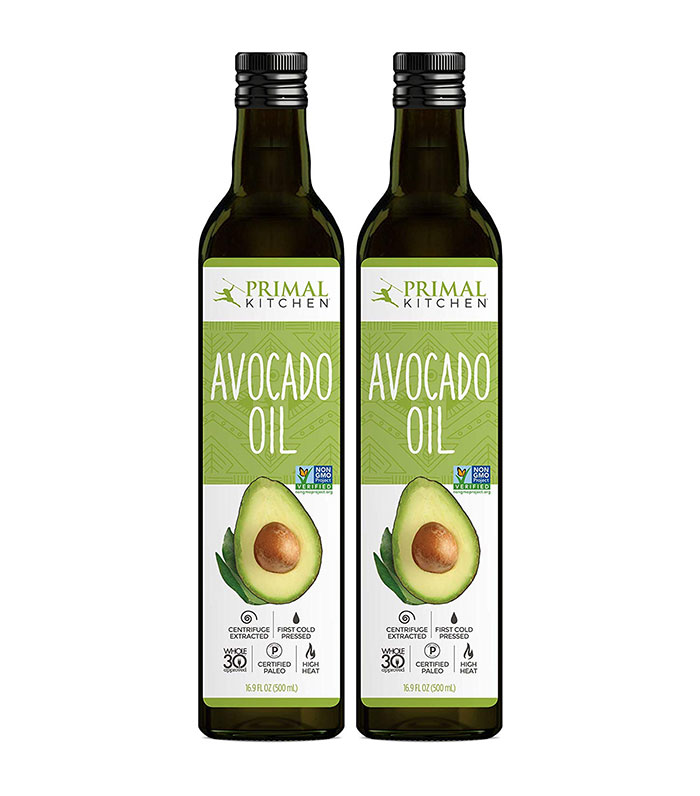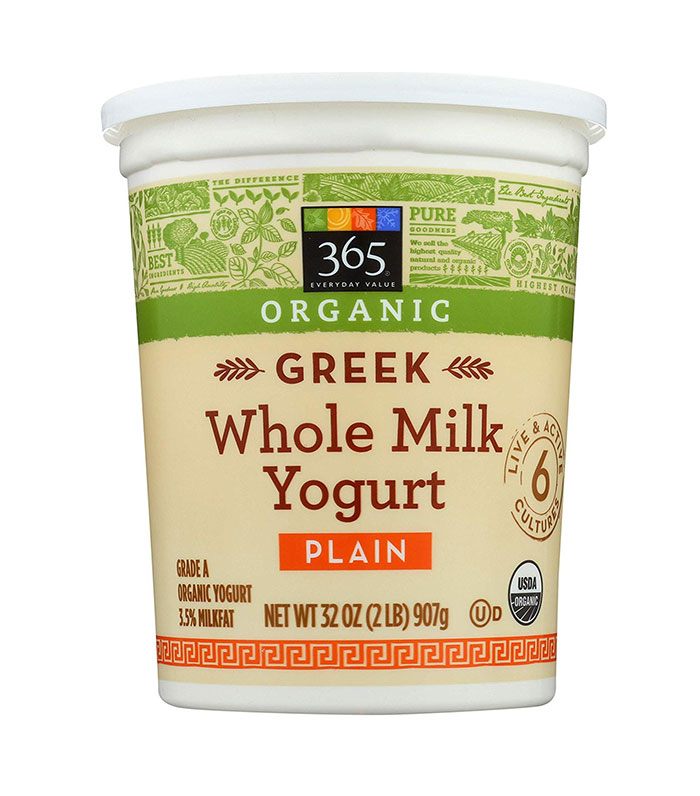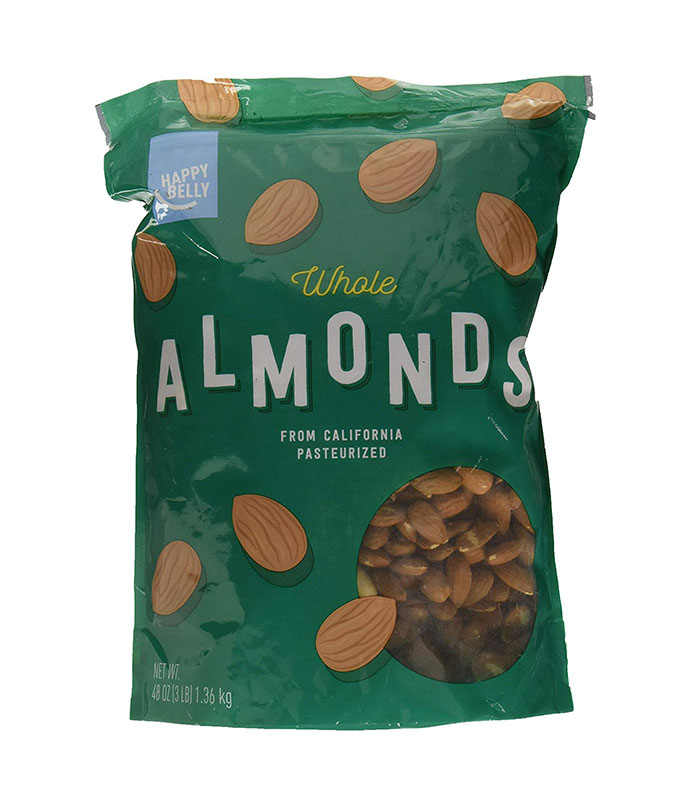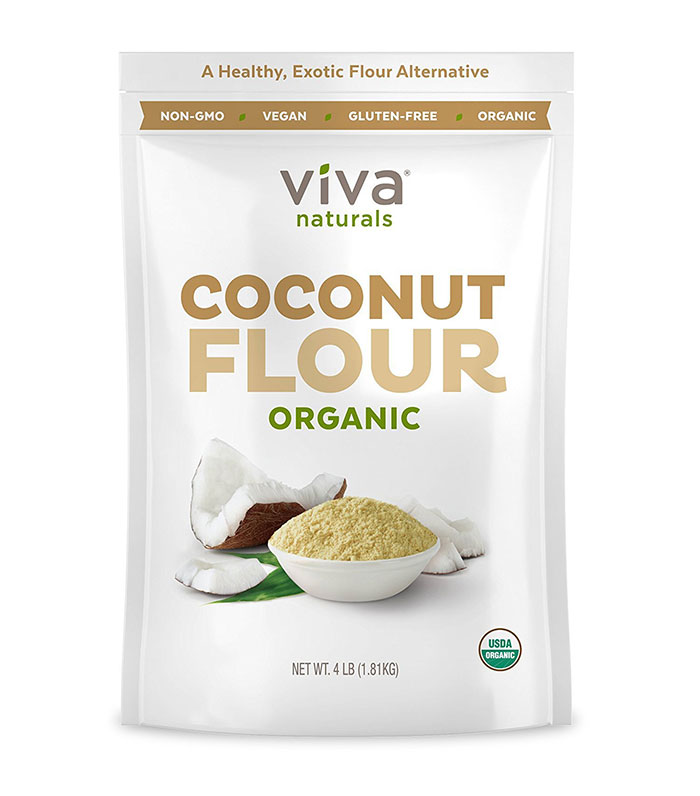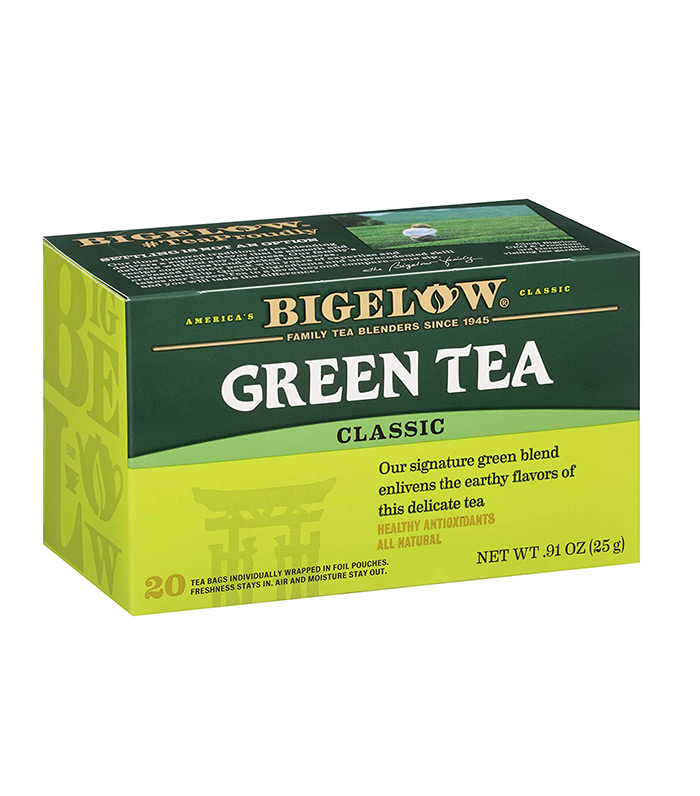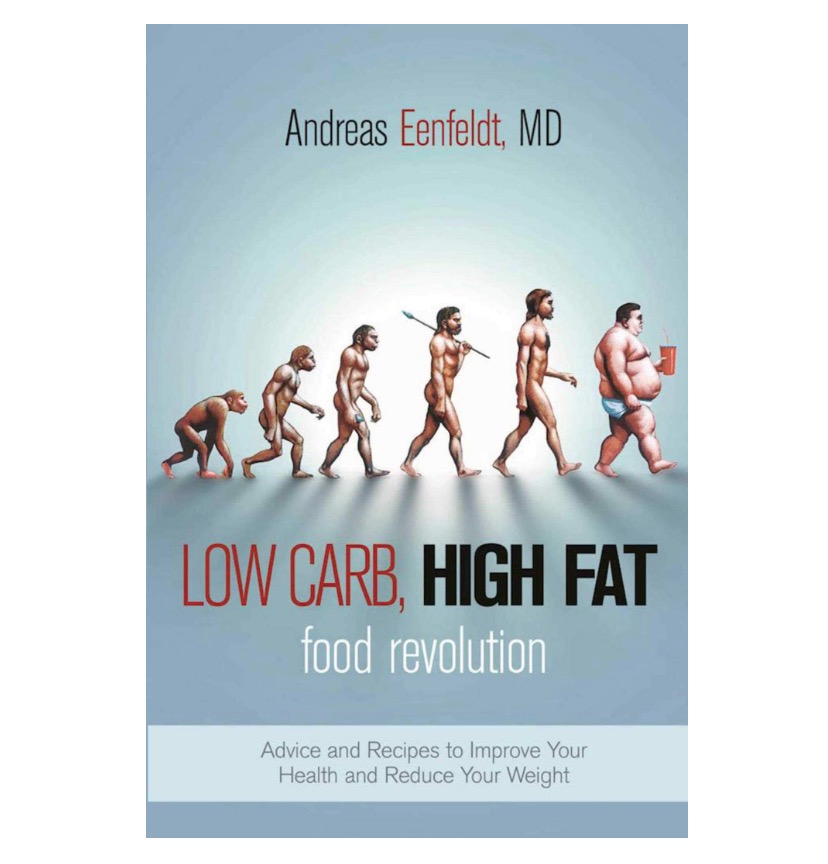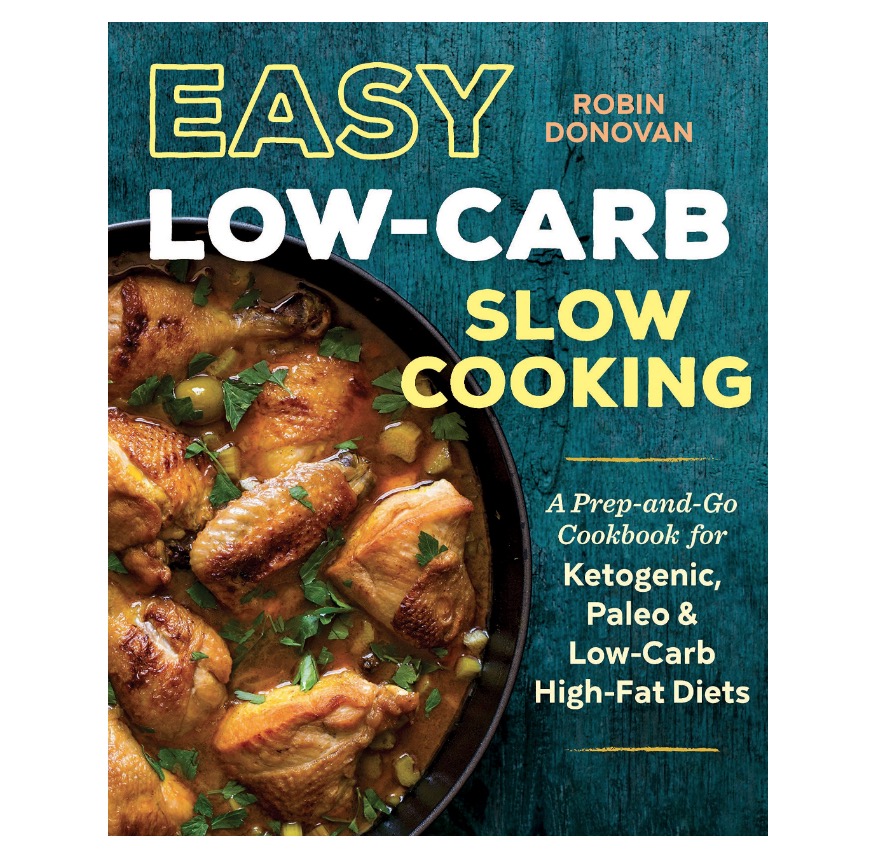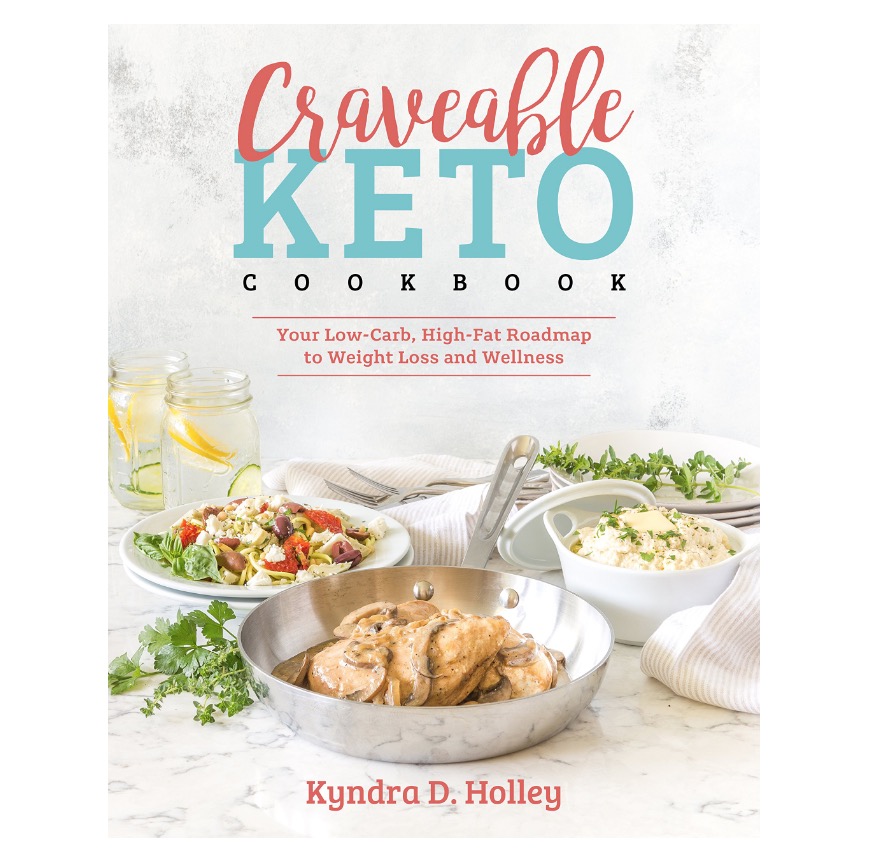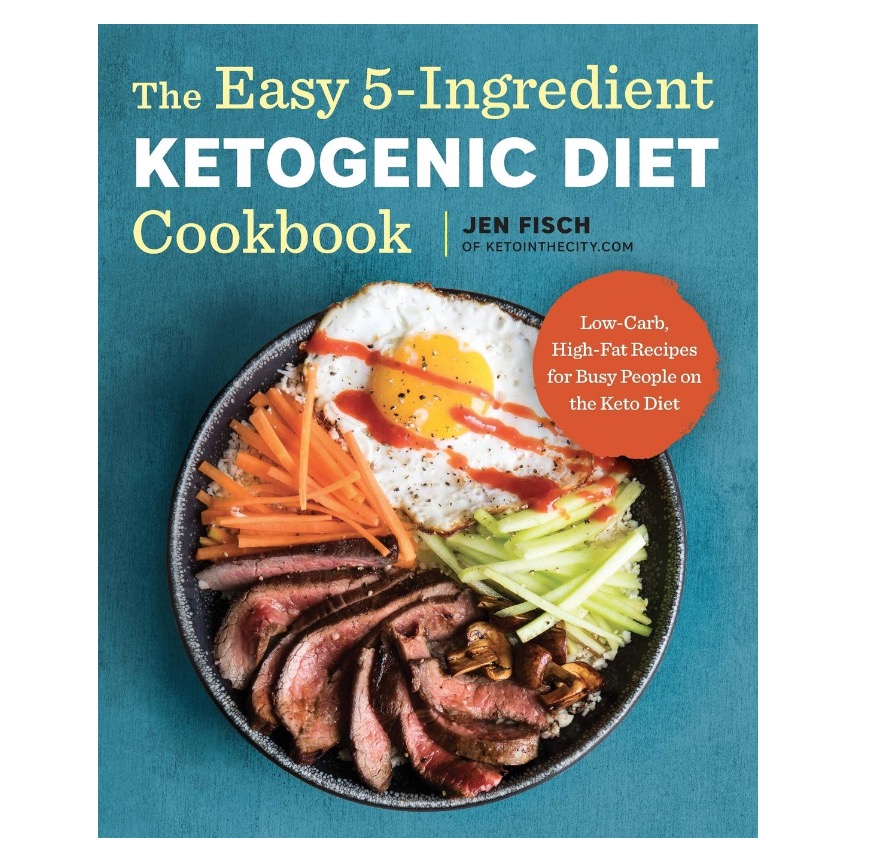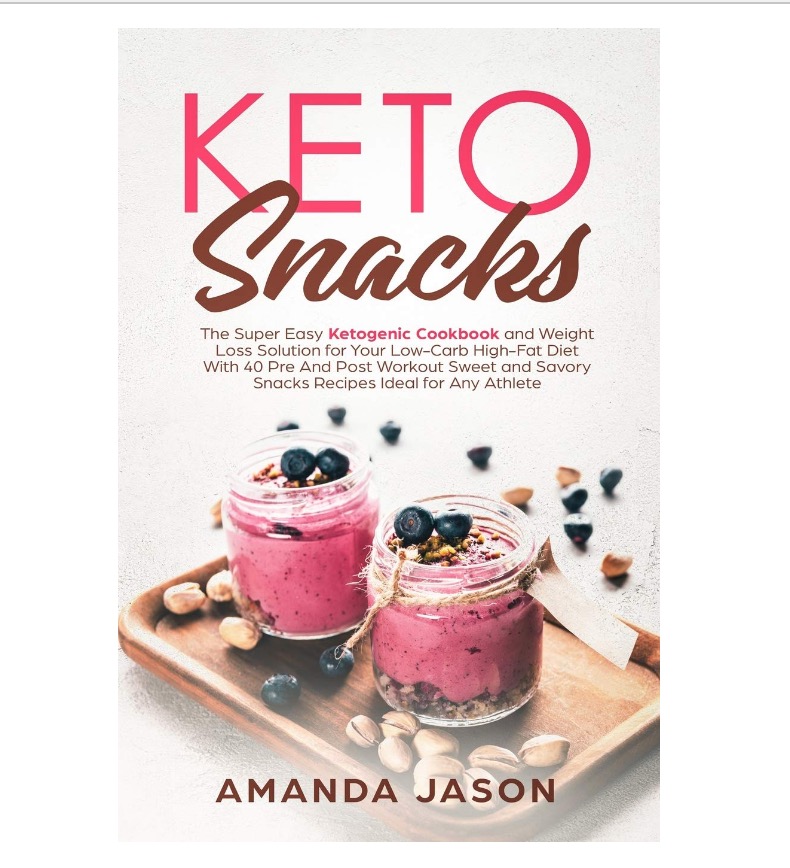What You Need to Know Before Trying a Low-Carb, High-Fat Diet
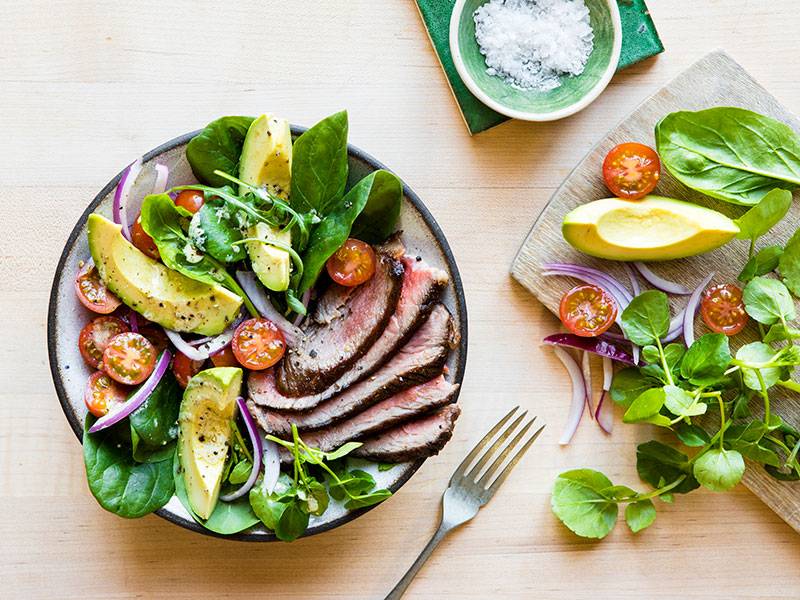
If we had to name a definitive diet trend of 2019, it would be the low-carb, high-fat diet. Colloquially known as the keto diet, this eating approach nearly eliminates carbohydrates and prioritizes foods high in fat and protein.
More specifically, a standard low-carb, high-fat diet calls for "obtaining less than 50% of your daily calories from carbohydrates," Bethany M. Doerfler, a clinical research dietitian at Northwestern Medicine, told U.S. News & World Report. "Fat intake ranges from between 30% to 40% of daily caloric intake, and protein consumption might land in the 10% to 30% daily range." Compare this to The Institute of Medicine's recommendation, which asks that U.S. adults get 45% to 65% of their daily calories from carbs, 20% to 35% from fat, and 10% to 35% from protein.
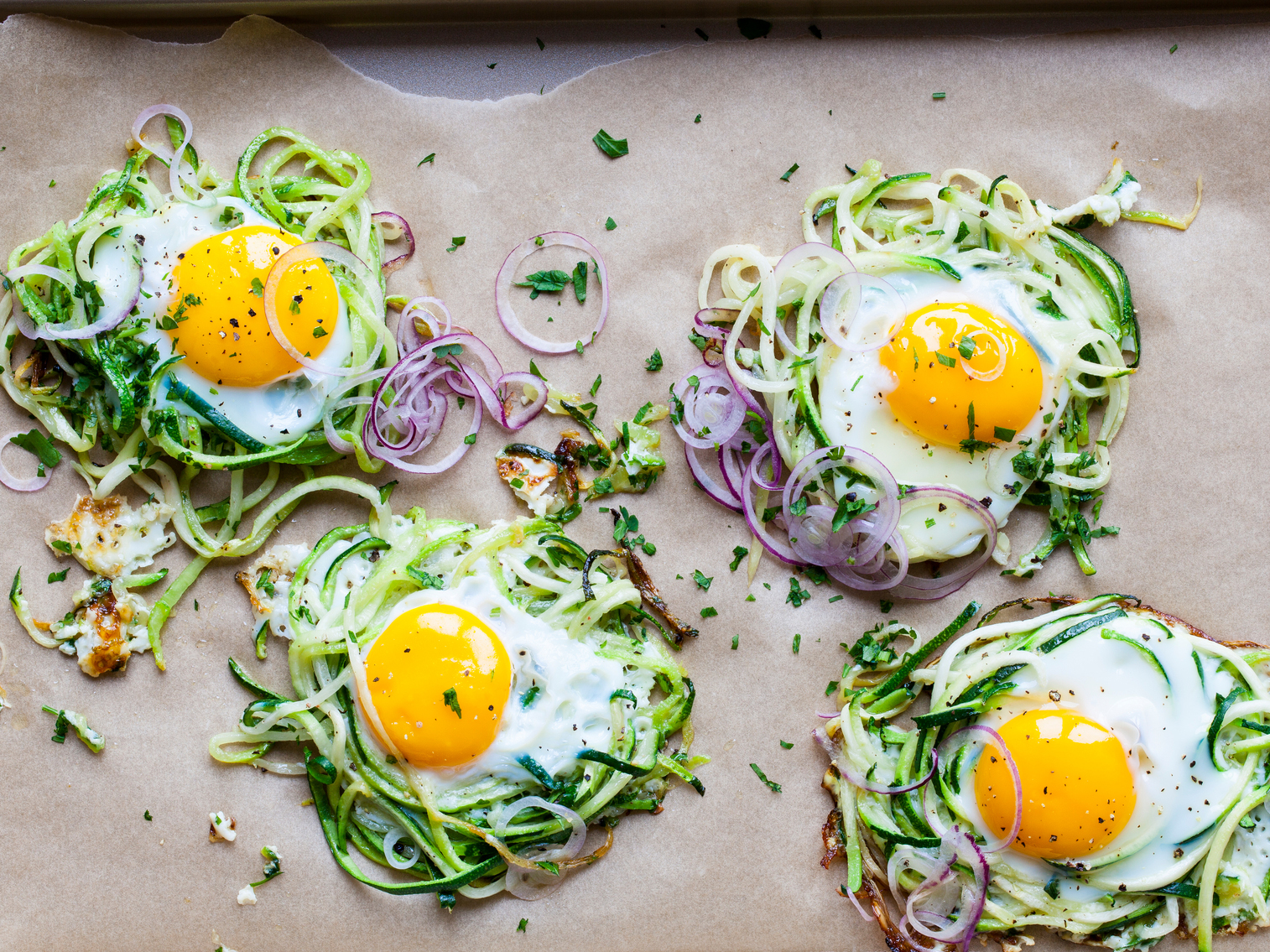
The goal is to replace carbohydrates with satiating healthy fats like avocado, olive oil, and salmon, ideally eliminating the hunger pangs associated with typical dieting. But keep in mind that in stricter iterations of the diet, beans, quinoa, chickpeas, corn, and more are considered high-carb.
Is a Low-Carb, High-Fat Diet Good for You?
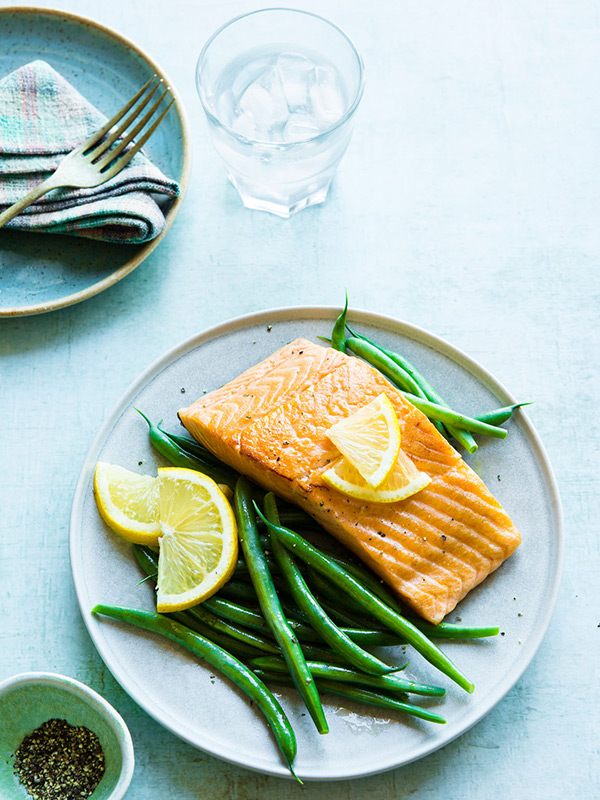
Like any of-the-moment diet, the jury's still out as to whether or not a low-carb, high-fat diet is truly healthy, especially in the long-term.
Naysayers argue that any diet that eliminates a food group entirely can't be healthy. It makes for an unsustainable eating approach and can lead to nutritional deficiencies. Studies have also found that low-carb, high-fat diets, which tend to be heavy in meat and naturally fatty foods like avocados and butter, can lead to cholesterol issues and constipation.
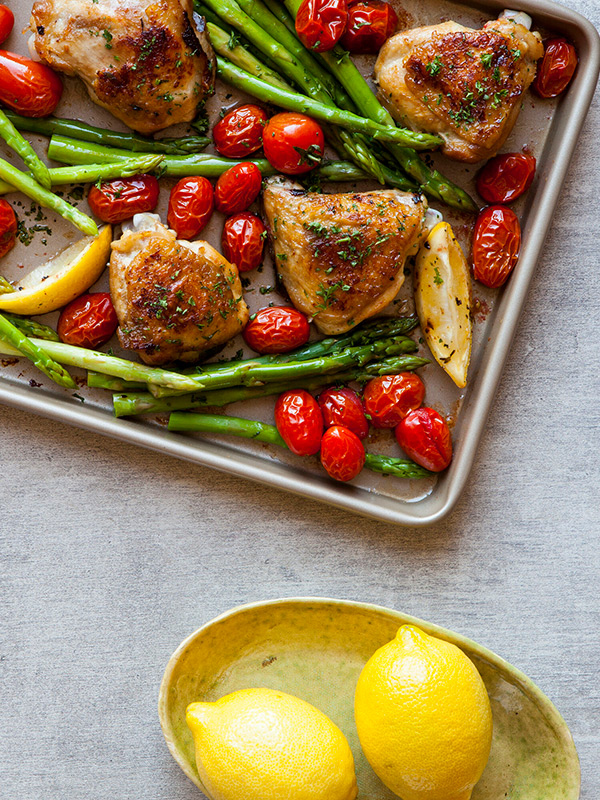
On the other side of the coin, research suggests that a low-carb, high-fat diet can offer some health benefits, especially if you consider weight loss a benefit. As Harvard Health reports, "there is some evidence that a low-carbohydrate diet may help people lose weight more quickly than a low-fat diet—and may help them maintain that weight loss." The studies Harvard references pertain specifically to obese men and women.
Anecdotally speaking, benefits include reduced appetite, loss in harmful abdominal fat, and protection against metabolic syndrome. More research is needed across the board to assess the true health and efficacy of low-carb, high-fat diets.
Foods to Eat

First and foremost, you should consult a dietitian or nutritionist before diving headfirst into a low-carb, high-fat diet. A professional will help you formulate an eating plan that provides the nutrients your body needs while helping you meet your health goals. Prior to that discussion, here's a general outline of what to eat on a low-carb, high-fat diet:
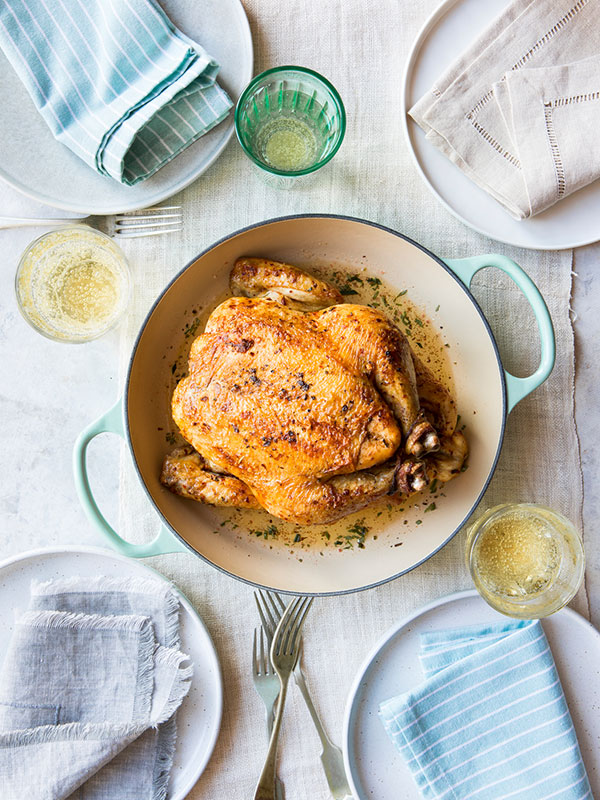
Animal Protein
Beef, eggs, chicken, fish, bacon, pork, lamb, venison, sausage, bison, salami, veal. Eat organic, grass-fed, and wild-caught whenever possible.
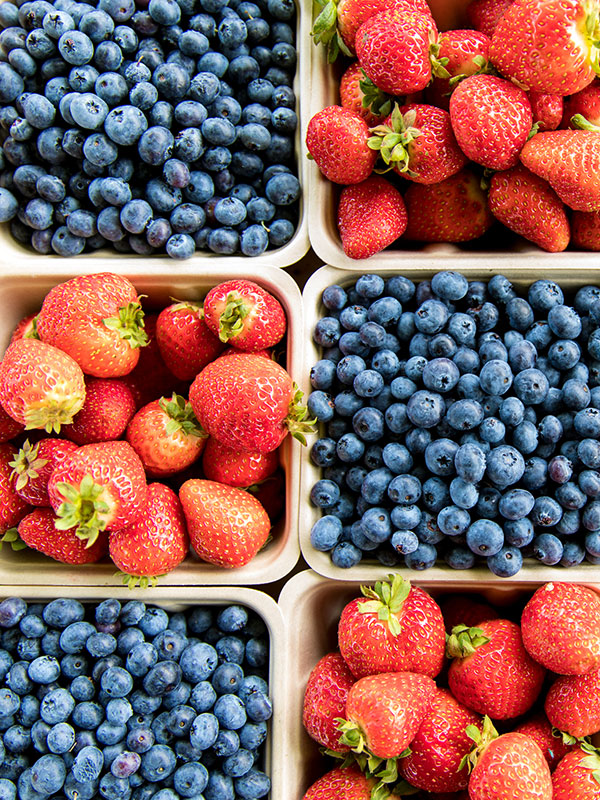
Fruits and Vegetables
Avocado, berries, coconut, lime, lemon, olives, rhubarb, lettuce, arugula, spinach, celery, cucumber, avocado, artichoke, radishes, okra, snow peas, eggplant, onions, asparagus, green beans, brussels sprouts, mushrooms, peppers, tomatoes, spaghetti squash, scallions, shallots, zucchini, cabbage, broccoli, cauliflower.
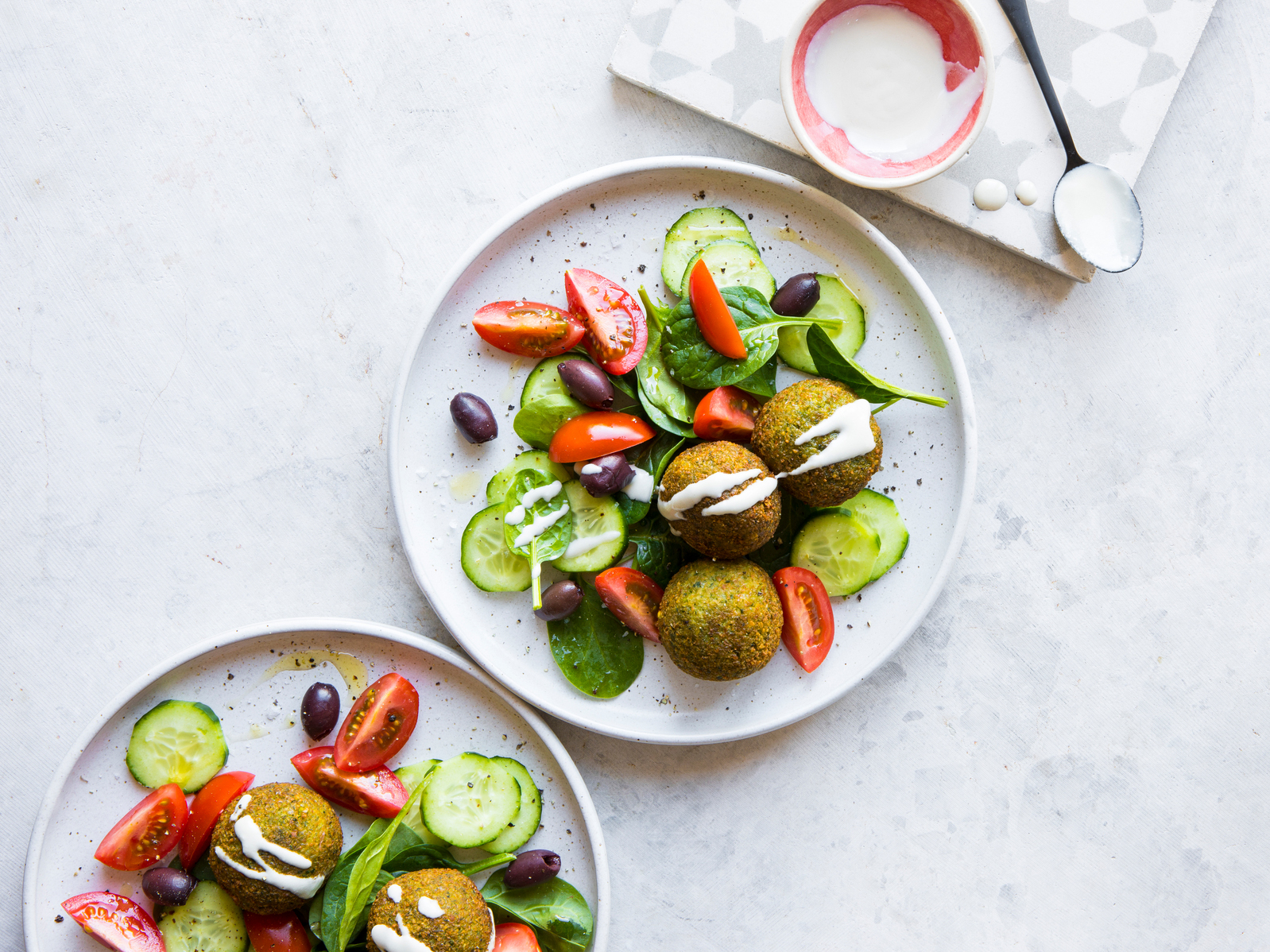
Foods to Limit
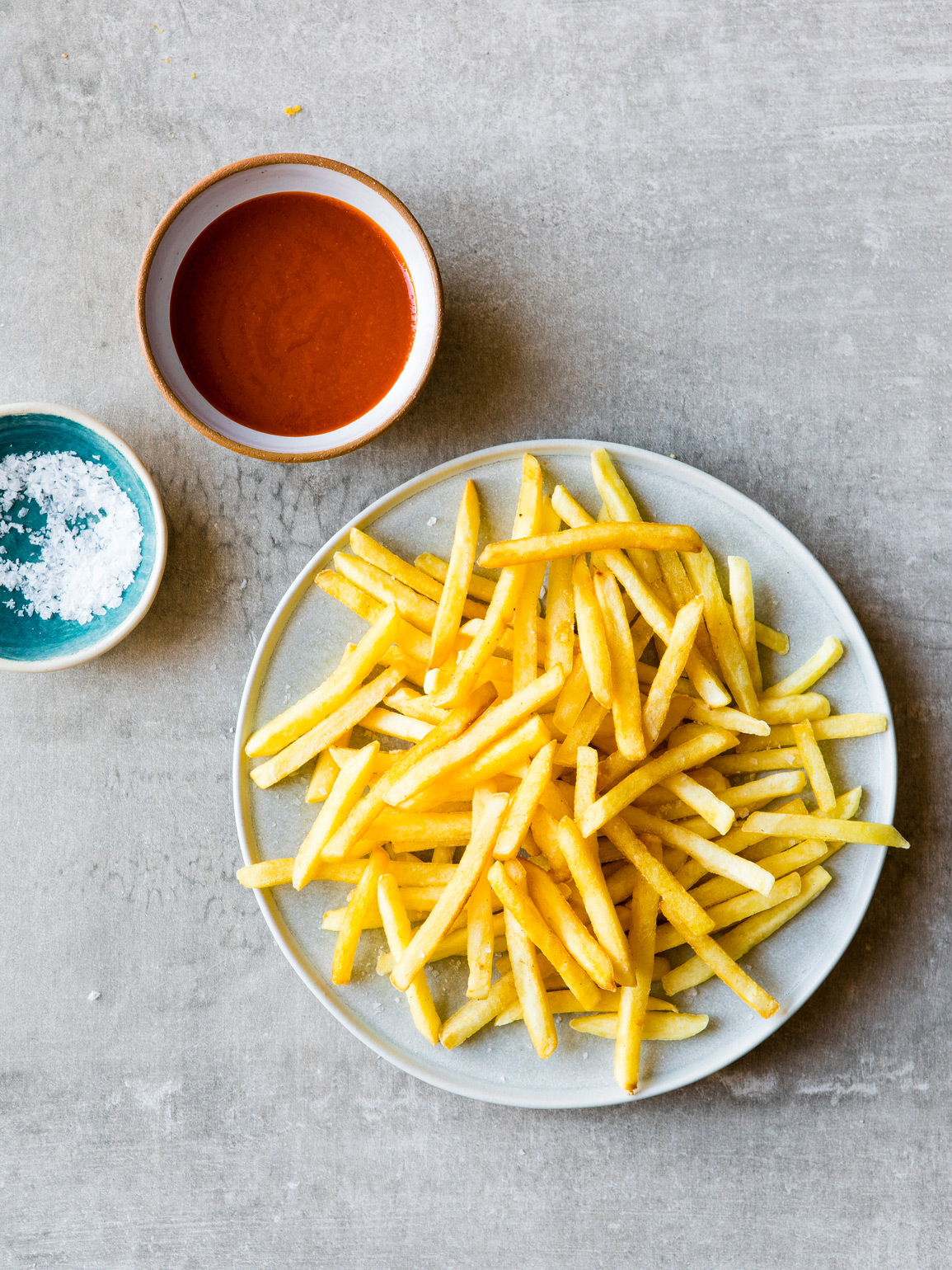
Generally speaking, you should stick to whole, natural foods and limit processed and packaged foods, artificial sweeteners, refined sugars, fried foods, fat-free or low-fat dairy products, and sugary sodas. This goes for pretty much any healthy, nutritionally sound diet.
"Bad" Fats
Canola oil, corn oil, grape-seed oil, flaxseed oil, hemp oil, margarine, safflower oil, soybean oil, sunflower oil, vegetable oil.
Animal Protein
Canned meats, cured meats, processed deli meats.
Fruits and Vegetables
Technically, the following fruits and vegetables are considered "high-carb": bananas, apples, grapes, pears, pineapples, potatoes, sweet potatoes, corn, pumpkin, butternut squash, yams, and peas.
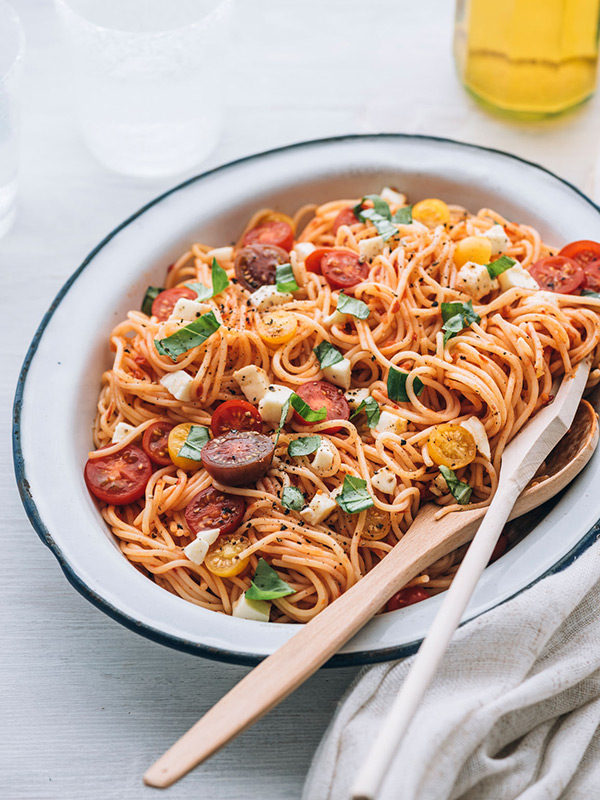
Grains and Starches
Barley, beans, bread, breakfast cereals, buckwheat, bulgar wheat, chickpeas, couscous, lentils, legumes, muesli, oats, pasta, quinoa, rice, rye, wheat flour.
Sweets and Snacks
Agave, biscuits, cake, chocolate, cookies, doughnuts, dried fruit, ice cream, pancakes, pastries, puddings, soda, chips.
Drinks and Alcohol
Soda, beer, cider, sweet liqueurs.
Do Your Research
Want to learn more? Here are a few books that can help.
This article is provided for informational purposes only and is not intended to be used in the place of advice of your physician or other medical professionals. You should always consult with your doctor or healthcare provider first with any health-related questions.
Kelsey Clark is a freelance writer and content strategist based in Detroit. She got her start in editorial in New York City as MyDomaine's lifestyle editor and has since gone full-time freelance. She now contributes to Who What Wear, THE/THIRTY, Domino, Glamour, The Zoe Report, Apartment Therapy, and more, in addition to working with brands such as Bloomscape and EyeSwoon on content strategy and copywriting. She's written about fashion, interior design, health and wellness, pop culture, food, travel, politics, and professional development, but she'd consider the first three verticals her main "beats."
